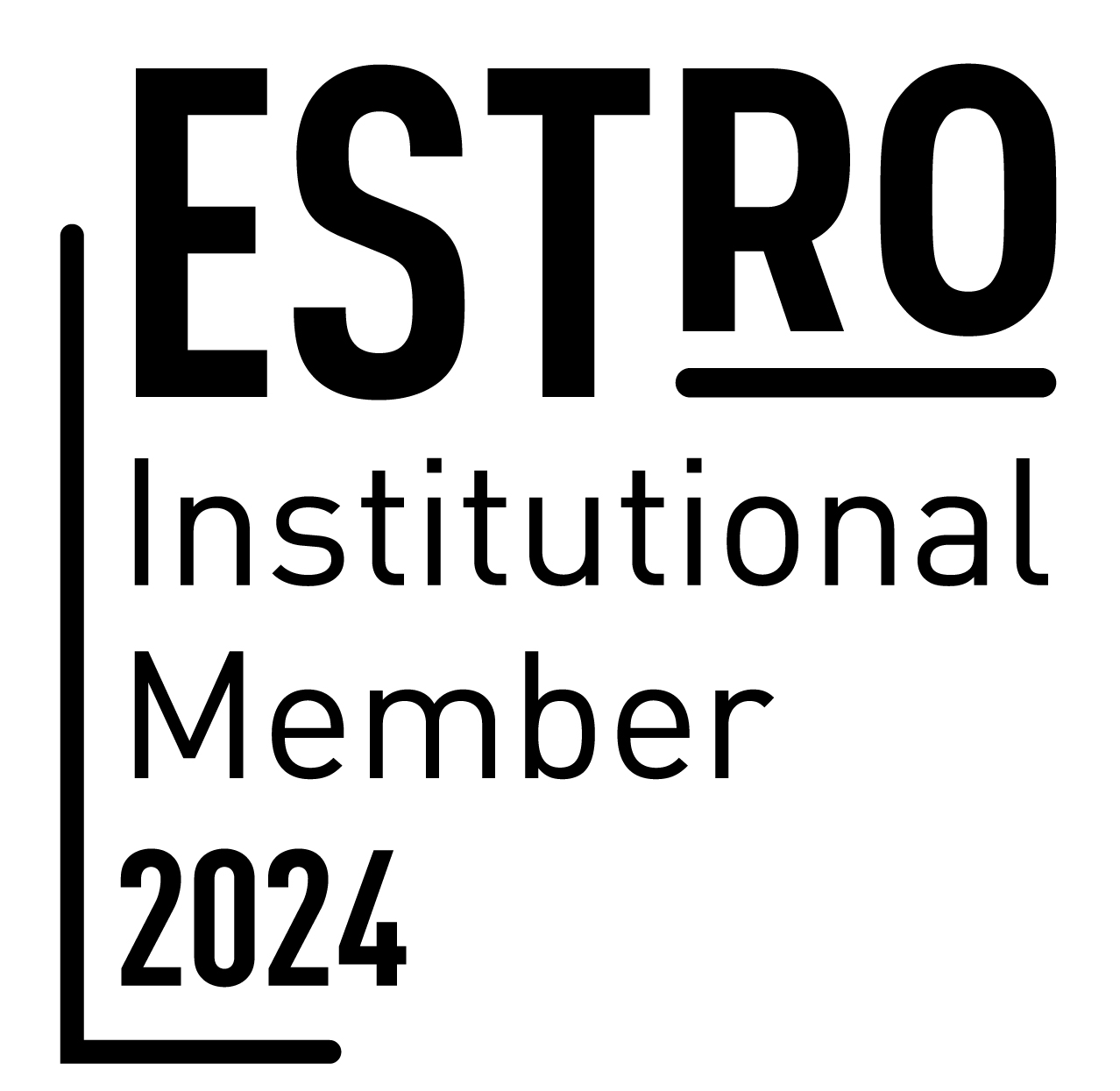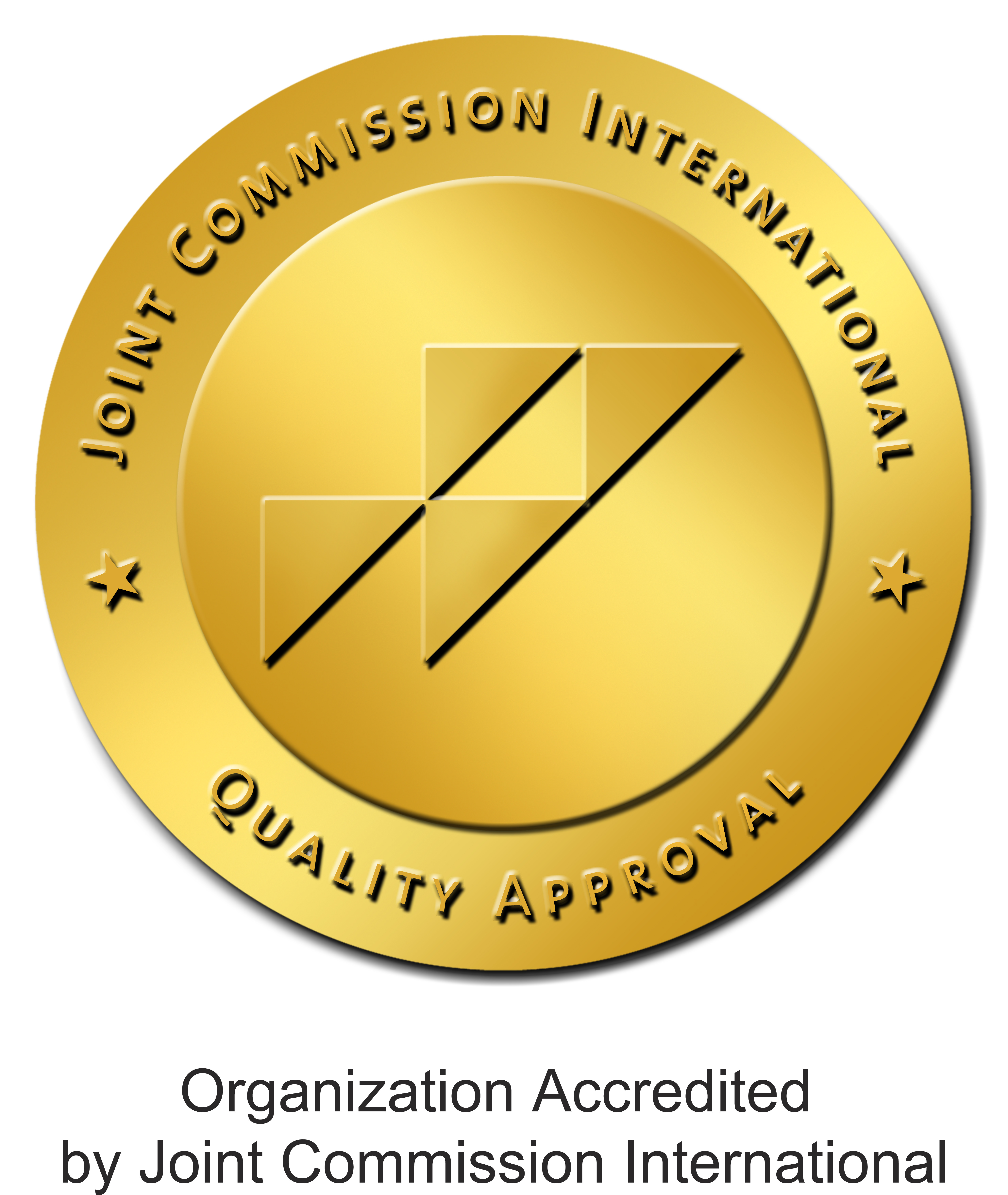Pathologies that can be potentially treated with hadrontherapy
Pelvic recurrence of rectal and anal canal cancers
Want to submit your case? Click HERE
Rectal cancer is a malignant tumour of the large intestine, as a result of the uncontrolled proliferation of cells on the inner wall of the rectum.
Rectal cancer may be:
- An adenocarcinoma, the most frequent of all types, which is a tumour that starts in the cells that make mucus to lubricate the inside of the colon
- A non-Hodgkin's lymphoma of the MALT type
- A leiomyosarcoma
- A squamous carcinoma
- A carcinoid
- A gastrointestinal stromal tumour
Causes of rectal and anal canal cancers
The onset of rectal cancer is more frequently related to the following risk factors:
- Age > 50
- Family history of colorectal cancer
- Personal history of colorectal, ovarian, endometrial (uterus) or breast cancers
- Inflammatory bowel disease (e.g. ulcerative colitis or Crohn's disease)
- Hereditary diseases, such as familial adenomatous polyposis and hereditary non-polyposis colorectal cancer (Lynch syndrome)
- A diet too high in red meats and too low in dietary fibre, fresh fruit and vegetables
- Sedentary lifestyle, obesity, cigarette smoking and heavy alcohol use
Symptoms of rectal and anal canal cancers
Symptoms most frequently associated with rectal cancer:
- Bright red blood in the stool
- Pain upon defecation or defecation problems
- Anaemia caused by excessive blood loss
- Tiredness, fatigue, shortness of breath at rest and unexplained weight loss (all symptoms related to anaemia)
- Alternating bouts of diarrhoea and constipation
- Ribbon-like stools
- Feeling of incomplete evacuation after a bowel movement
- Anal pain, burning and itching
- Lower abdominal cramps
- Foreign body sensation at the rectum
The patient should visit a doctor immediately as soon as the first symptoms appear to start diagnostic tests and listen to experts' opinion.
Diagnosis of rectal and anal canal cancers
In addition to a fecal occult blood test, useful in screening programs, the tests necessary to investigate the presence, stage and spread of the disease, essential for planning the most appropriate therapy, are:
- A complete colonoscopy that explores not only the rectum but also the entire colon up to the caecum. During colonoscopy, a tumour biopsy is also performed, the only diagnostic test that allows establishing the type of tumour with absolute certainty.
- In stenosing tumours of the rectum, that is, that they are so bulky as to occlude the lumen and do not allow the colonoscope to pass and view the rest of the large intestine, a virtual colonoscopy can be performed. This is a CT examination that, through a special computer programs, can study the inside of the intestine and highlight any suspicious lesions
- A CT scan of thorax, abdomen and pelvis: an exam necessary to verify that there are no metastases to other organs, mainly the liver and lungs
- Magnetic resonance imaging (MRI) of the pelvis: this is the examination that more accurately studies the extent of rectal disease, and therefore, classifies the tumour as initial or advanced. It also allows detecting any lymph nodes in the mesorectum (the adipose tissue that surrounds the rectum) since this is also a possible site of the disease
- A lower gastrointestinal echoendoscopy: an examination similar to a traditional rectoscopy but the instrument used features an ultrasound probe instead of a camera.
Treatment of rectal and anal canal cancers
Whenever possible, we at CNAO use hadrontherapy to treat rectal tumours recurrences previously irradiated. Local recurrence of rectal carcinoma often has a negative impact on the patient's quality of life as it is often accompanied by painful symptoms that are difficult to control.
Hadrontherapy using carbon ions may be an effective treatment option because, thanks to the optimal distribution of the dose, it allows to re-irradiate only the recurrence while sparing critical organs, such as the small intestine, which can be damaged by re-irradiation.













